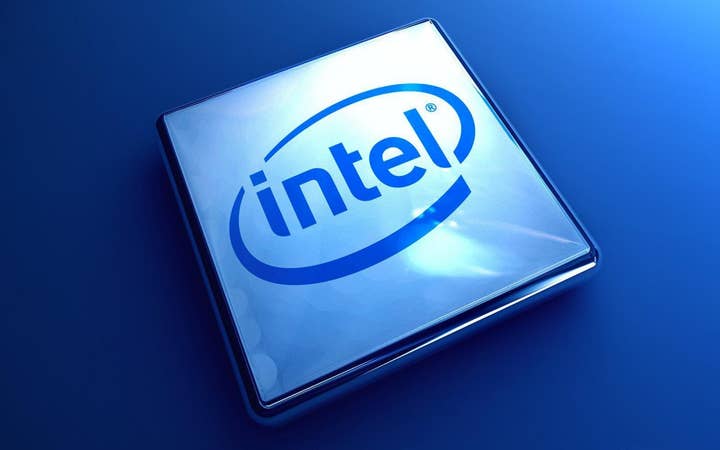Game devs urge you to write Intel in response to #GamerGate
Richard Lemarchand warns of "chilling effect" Intel's decision to remove ads from Gamasutra has on editorial content
Following a bevy of complaints from #GamerGate supporters, it was revealed recently that chip maker Intel decided to pull its advertising support from Gamasutra, which had published an editorial espousing equality in video games. The #GamerGate crowd took it as an attack on games and gamer culture itself, and ultimately made enough noise to cause Intel to act. Now developers are pushing back, employing social media to urge their peers and individuals who don't support #GamerGate to write to Intel on the company's Corporate Responsibility Contact page.
Former Naughty Dog designer Richard Lemarchand, tenured Associate Professor in the Interactive Media & Games Division of the School of Cinematic Arts at the University of Southern California, wrote a letter to Intel voicing his concerns about the company removing its ads, and he rallied his peers on Facebook, noting "it's crucially important that they hear from anyone who agrees with me, and others like me, in as large volume as possible and as quickly as possible."
In his letter to Intel, Lemarchand writes, "It is extremely unsettling that a campaign like GamerGate has, with Intel's support, sent a clear message to Gamasutra that discussing certain types of ideas is a high-risk proposition for the site. The 'chilling effect' that this creates, again with Intel's support, sets a very dangerous precedent for game culture, and for games as a cultural form: something about which I care very much indeed. As a naturalized American citizen who values freedom of speech very much, I cannot [emphasize] how disturbed I am by this turn of events and Intel's role in it.
"I hope very much that you at Intel will reconsider your decision. Gamasutra is but the latest victim of a tiny but extremely vocal, toxic and harmful game-related subculture who have caused incredible harm to the highly creative and skilled, yet often very vulnerable emerging community of new video game designers."
Greg Costikyan, designer at Loot Drop, made a similar plea, describing Intel's decision "as a result of pressure from the vile slanderers of the Gater community." He added that "they need to understand that this is a serious mistake."
And International Game Developers Association founder Ernest W. Adams chimed in as well, pointing to the same Corporate Responsibility Page at Intel. "I am gravely disappointed to learn that Intel has stopped advertising on the game developer Web site Gamasutra in response to pressure from gamers with an anti-diversity agenda. You should be aware that many game developers have been made the target of an orchestrated campaign of criminal harassment for their belief that video games should be for everyone, and Gamasutra also supports this view. Some developers have even been driven from their homes in fear for their safety," Adams wrote.
"By withdrawing your support for Gamasutra, you are sending a message to the game community that Intel, too, opposes diversity in games and is prepared to side with bigots and bullies."
For its part, the IGDA had already condemned the "abhorrent behavior" in late August, following threats made to Zoe Quinn and Anita Sarkeesian.

